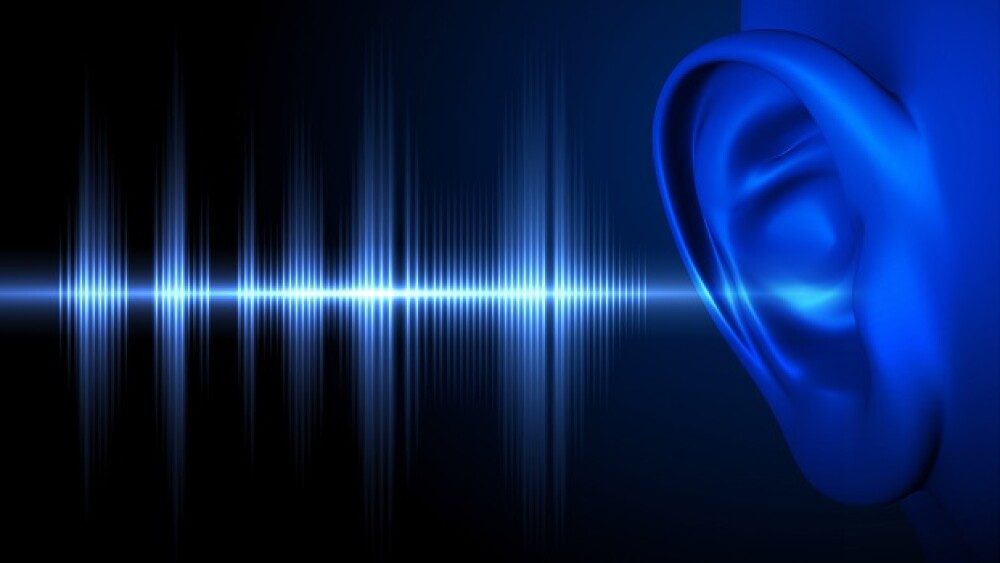Among life on earth, mammals are some of the only creatures that can’t regenerate damaged hearing. Birds, frogs, fish, they all have the ability to regenerate sensory hair cells after they’re damaged.
Among life on earth, mammals are some of the only creatures that can’t regenerate damaged hearing. Birds, frogs, fish, they all have the ability to regenerate sensory hair cells after they’re damaged.
“It’s funny, but mammals are the oddballs in the animal kingdom when it comes to cochlear regeneration,” said Jingyuan Zhang, a researcher with the University of Rochester Department of Biology, in a statement. “We’re the only vertebrates that can’t do it.” Zhang is the co-author of a recent study published in the European Journal of Neuroscience describing their efforts to regrow the sensory hair cells found in the cochlea.
The cochlea is part of the inner ear. The sensory hair cells found there convert sound vibrations into the electrical signals that the brain interprets as sound. However, those hair cells can be permanently damaged from age or high volumes. In mammals, they don’t regrow.
However, Zhang and Patricia White, a research associate professor at the University of Rochester Medical Center (URMC) Del Monte Institute for Neuroscience, as well as researchers at the Massachusetts Ear and Eye Infirmary, part of Harvard Medical School, tested a theory that signaling from the EGF family of receptors participated in cochlear regeneration in mammals. They focused on ERBB2, a specific receptor found in cochlear support cells.
They used a variety of methods to activate the EGF signaling pathway, including a virus that targets ERBB2 receptors, and genetically modified mice that overexpressed an activated ERBB2, in addition to two drugs that were originally developed to stimulate stem cell activity in the eyes and pancreas.
White stated, “The process of repairing hearing is a complex problem and requires a series of cellular events. You have to regenerate sensory hair cells and these cells have to function properly and connect with the necessary network of neurons. This research demonstrates a signaling pathway that can be activated by different methods and could represent a new approach to cochlear regeneration and, ultimately, restoration of hearing.”
There are several biotech companies working on restoring hearing. For example, on September 27, Decibel Therapeutics, based in Boston, and Oricula Therapeutics, based in Seattle, signed an exclusive, worldwide license to develop and commercialize ORC-13661. This is an oral drug developed by Oricula to prevent hearing loss and balance disorders that may appear after treatment of severe infections with aminoglycoside antibiotics. The drug originally came out of a research collaboration between the University of Washington and the Fred Hutchinson Cancer Research Center. It was licensed to Oricula in 2013. It is currently in Phase I clinical trials.
And San Diego-based Otonomy focuses on diseases of the ear, particularly Meniere’s disease, a disorder of the inner ear that causes vertigo and hearing loss. On October 2, the company announced that it was presenting previously reported positive data from its AVERTS-2 Phase III clinical trial of Otividex in patients with Meniere’s disease at the American Academy of Otolaryngology-Head and Neck Surgery Foundation (AAO-HNSF) meeting held in Atlanta earlier this month. The drug met its primary endpoint, count of definitive vertigo days (DVD) by Poisson Regression analysis in Month 3 based on 174 patients.





